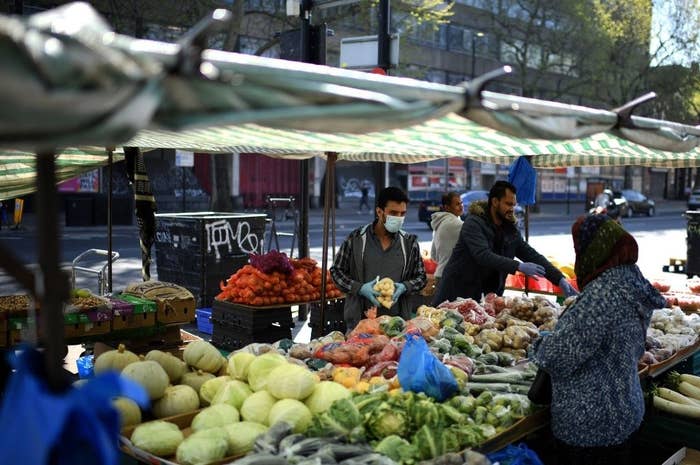
The journalists at BuzzFeed News are proud to bring you trustworthy and relevant reporting about the coronavirus. To help keep this news free, become a member and sign up for our newsletter, Outbreak Today.
Mohammad Rakib's aunt Nazma Abidin recently died from COVID-19. “My aunt's immediate family, her children, and grandchildren were not permitted to see her and she died, alone in a hospital bed, just four days after testing positive,” he told BuzzFeed News.
Rakib, who is of Bangladeshi heritage, lives in Tower Hamlets, in east London, where he has seen firsthand the devastating impact of the coronavirus on his community. As well as the death of his aunt, he has witnessed friends, relatives and neighbours suffer losses as hundreds of people per day continue to die from the virus.
“My best friend lost her uncle and grandmother just 24 hours apart,” he said. “A neighbour shared a message asking for prayers for his friend who lost his mother and older sister in the space of a week. I now have another aunt in hospital and she too has tested positive for COVID-19.”
In minority communities such as Rakib’s across the UK, the impact of coronavirus is being felt disproportionately. While everyone in the country is dealing with the fear over the pandemic’s spread, in these communities the toll is even higher.
A report out last week from the Intensive Care National Audit and Research Centre (ICNARC) suggested that ethnic minority groups are already being impacted more by the virus. It found that 35% of intensive care patients were from minority ethnic backgrounds — despite the fact that they make up just 14% of the general population.
The research, taking data from around 2,000 seriously ill patients, found that 14% were Asian and the same proportion were black. The research provides the first real quantitative data on the impact the virus is having on minority populations in the UK.
The government has now launched a formal review into why people from BAME backgrounds are being disproportionately affected.
“That’s something that we’re looking at very carefully to try to understand,” the government’s chief scientific adviser Patrick Vallance told ITV News on Monday, adding that the impact was “particularly noticeable among some of the healthcare practitioners that we’ve seen who have unfortunately succumbed as a result of this”.
10 doctors have now died from #COVID19 in the UK. All immigrants. Adil el-Tayar 🇸🇩 Amged el-Hawrani 🇸🇩 Habib Zaidi 🇵🇰 Alfa Sa’adu 🇳🇬 Jitendra Rathod 🇮🇳 Anton Sebastianpillai 🇱🇰 Sami Shousha 🇪🇬 Syed Haider 🇵🇰 Abdul Mabud Chowdhury 🇧🇩 Fayez Ayache 🇸🇾 #NHSheroes 🇬🇧
BuzzFeed News spoke to doctors, epidemiologists, charities, and community leaders in different communities across the UK, to build a fuller picture of the impact coronavirus is having on black and Asian people in Britain.
They say several factors are driving the infection rate and death toll higher: bigger, more overcrowded households make it easier for the virus to spread; higher rates of comorbidities such as diabetes and heart disease mean more chance of becoming seriously ill in the first place; and a lack of information in community languages, combined with the spread of misinformation on platforms such a WhatsApp.
With a high proportion of black and minority ethnic people also working in frontline services — in the NHS, or as cleaners, bus drivers, or carers — for many it increases the risk of coming into contact with the virus in the first place.
“We have underlying health issues depending on what part of the world we're from,” said Rakib in Tower Hamlets.
“Having multigenerational households, you know, you're more likely to get sick, because you’ve got vulnerable people, whether the young kids or elderly, and then the places that we live, especially in places like Tower Hamlets, are very overpopulated, very densely populated multi-generational households, overcrowded houses.
“People live in flats with more people than they should be in those flats. That's why I think it's affecting our community the way it is because especially in places where I live, in Tower Hamlets, it will rip through, with no mercy.”
BREAKING: New York City publishes racial breakdown for coronavirus deaths. And it paints the picture that we feared it would.
The disproportionate impact on minority groups is not just a UK phenomenon. Data from the United States has also shown that in New York, black and Hispanic populations are being harder hit by the virus than their white counterparts. In Chicago, 70% of deaths have been black residents, despite them making up just 30% of the population.
In Sweden, six out of 15 people who died in one day from the coronavirus were Swedish Somalis. The Swedish Somali medical association has voiced concern about a lack of information in Somali being sent out to the community during the beginning stages of the pandemic.
The first coronavirus death in Sweden was an elderly Somali woman from the UK who had underlying health conditions. Statistics from Norway similarly show that 1 in 100 Somalis have tested positive for the virus and 1 in 5 positive cases are people who were outside of Norway.
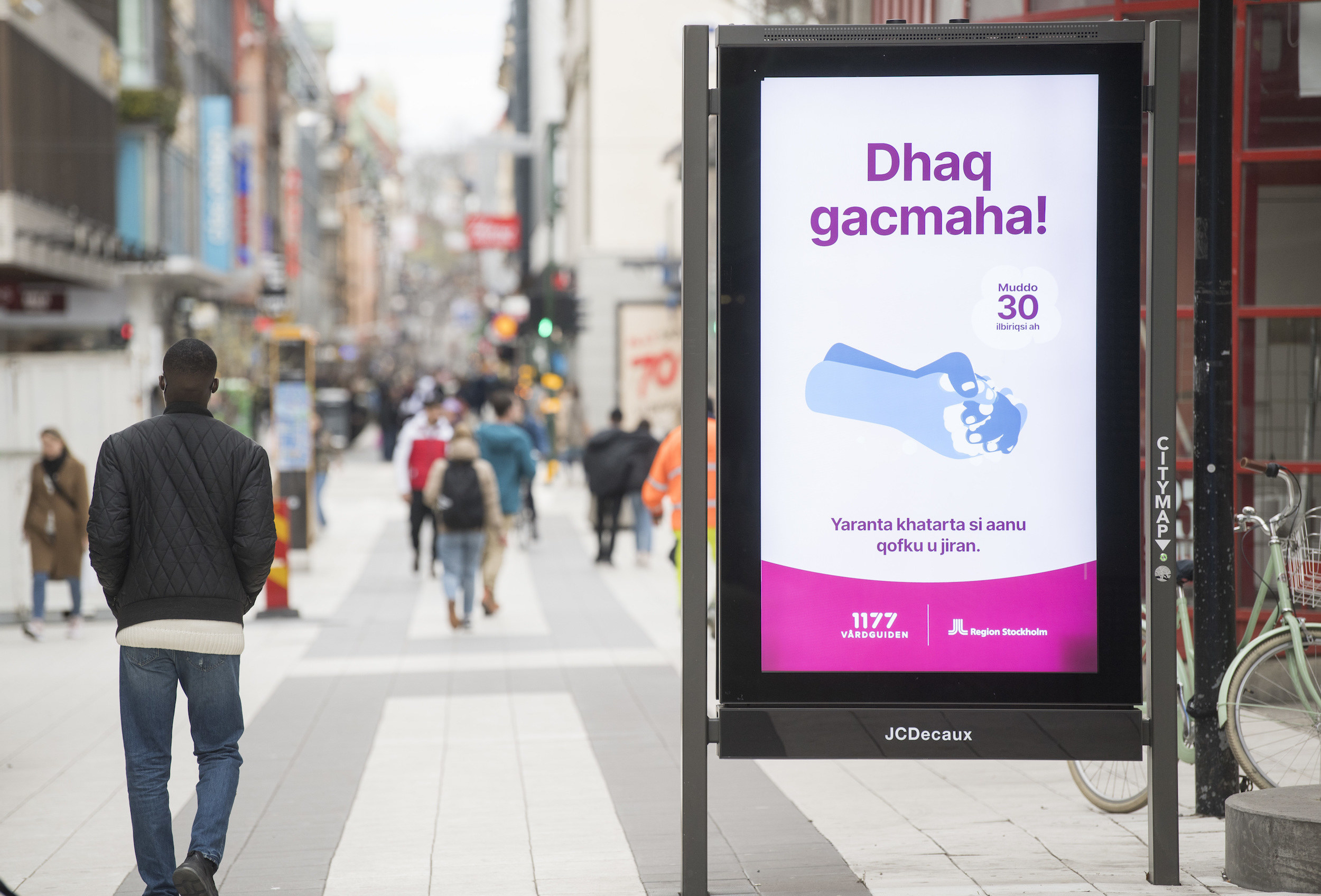
One reason that ethnic minority communities seem to be being hit harder is obvious to Shikta Das, a senior research fellow in epidemiology at University College London. She has researched the ethnic difference in Type 2 diabetes, obesity, and cardiovascular disease markers.
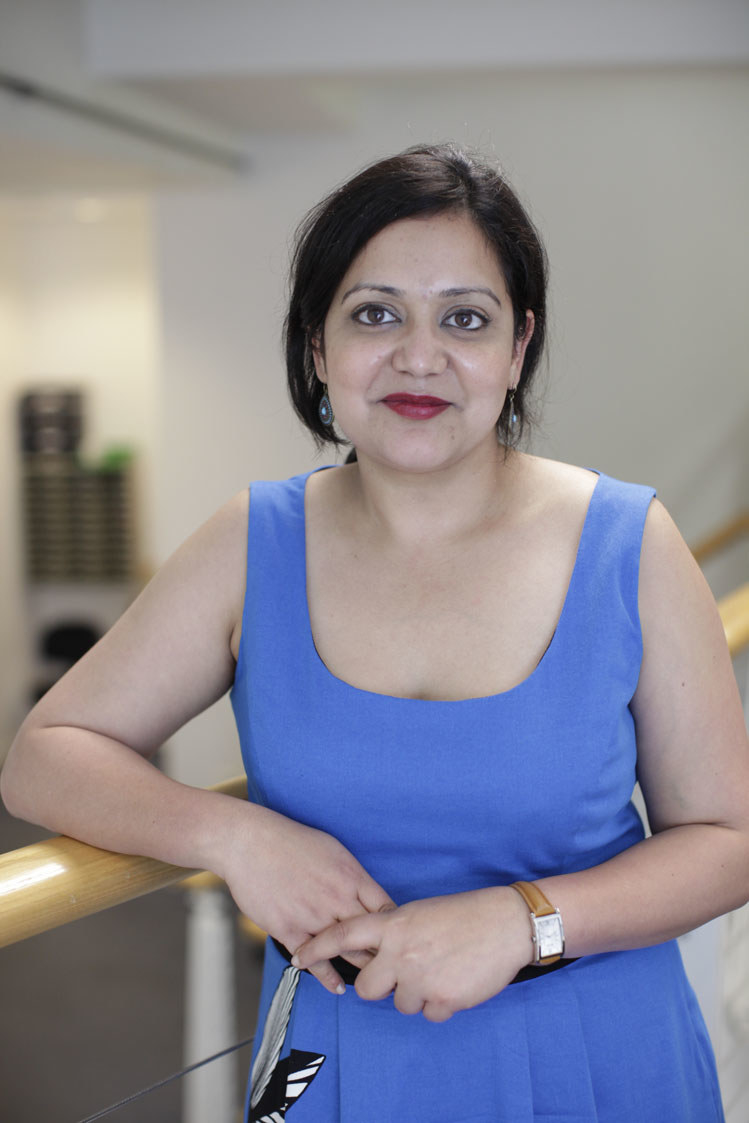
“There is going to be a huge difference in how ethnic groups respond to coronavirus in comparison to the white Europeans, Caucasians,” she told BuzzFeed News, “basically because we as ethnic groups, the BAME group, we have a lot of comorbidities like diabetes, we have the highest amount of Type 2 diabetes in our sort of ethnic group.”
"If you look at some of the figures,” she continued, “they are astounding... just looking at prevalence of cardiovascular diseases, it's the highest among the Pakistani men. And Type 2 diabetes in Bangladeshi men, Bangladeshi women and again, Indian men and women are equally, extremely high in terms of diabetes. So, looking at those figures, I am absolutely not surprised to see the amount of dead among this group.”
She also highlighted the problem of families living more closely together. “Coming from an Asian background, I can tell you that, culturally because we do live in a more multigeneration population, you know, so that makes it very, very difficult that there is a infected person in the family.”
The West Midlands has the second peak of the virus, behind London, and Birmingham has the highest number of cases of any upper-tier local authority. Shabana Mahmood, the Labour MP for Birmingham Ladywell, said she was constantly fielding calls from worried constituents who are concerned about how best to protect their families.
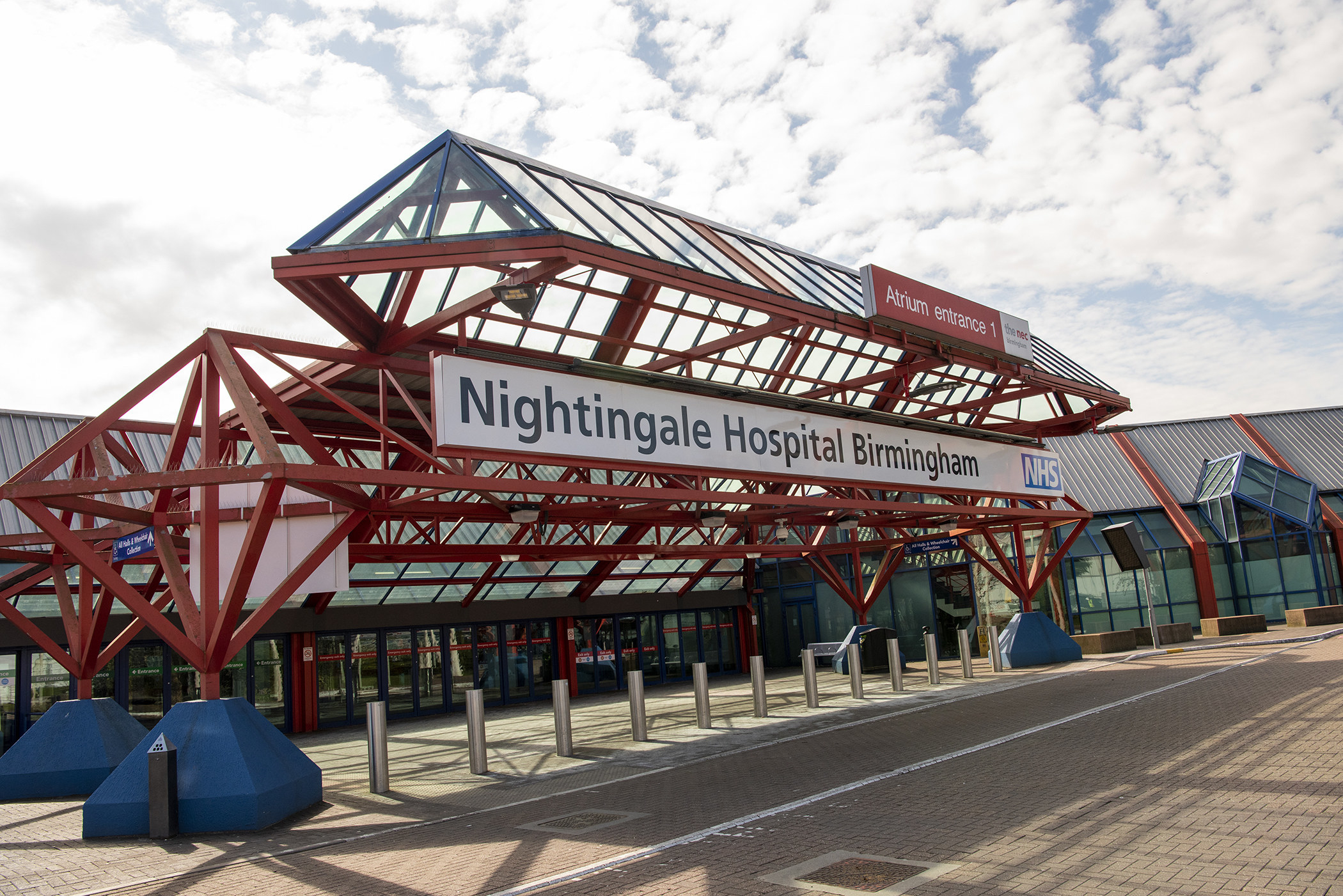
Mahmood said there were several reasons for this, but one big concern is the number of generations living under one roof.
“One of the things I’ve been particularly concerned about,” she said, “is the very high prevalence in a constituency like mine, but across Birmingham and the West Midlands of intergenerational families, which is obviously a big feature of the South Asian origin community in this country.
“I was worried about the fact that a lot of the advice on shielding, and people who are over 70, and people with underlying conditions, didn’t take into account that a very large number of those people will be living with younger members of their family,” she added.
“And also,” she said, “if you’re the carer for your parent, and the carer for your children, it’s very difficult then isn’t it because you’re having to move between your children and your parents, and they both need your care, personal care as well, getting changed in the morning, prepping meals.”
“I think it is that combination — higher rates of intergenerational living, and then higher rates of either underlying heart conditions or diabetes, which are the two big risk factors,” she said.
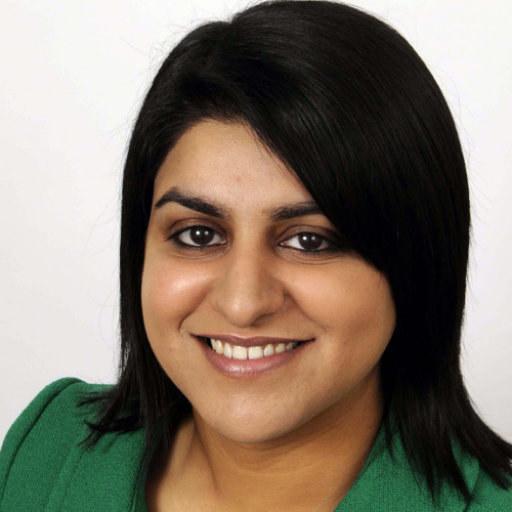
Mahmood said what was missing was advice from the government for how best to protect elderly or vulnerable relatives if you live in close proximity.
“I just think nothing has been simplified and tailored for people in those circumstances, of which there are many thousands in my patch alone, and so that’s where there’s the concern because no one quite knows how to shield their elderly grandparent.”
Mahmood also thinks the government was too slow to act and that coronavirus could have spread widely at large community gatherings — which carried on right until the government announced full lockdown, meaning the full impact may not yet have been seen.
“I’m worried about that period in the lead up to full lockdown,” Mahmood said, “where there was just a lot of confusion about what was and wasn’t possible and in that period people were still going to weddings, still going to funerals, and there’s been a lot of weddings because it’s in the pre-Ramadan season.
“The government had only just started saying ‘oh, well, this is very dangerous and people need to take more care’, but didn’t actually spell out what that means and so people not unreasonably just sort of carried on because like everybody else they thought we were talking about mild flu. So I think that confusion in that period leading up to lockdown has had a big impact on the spread of the infection.”
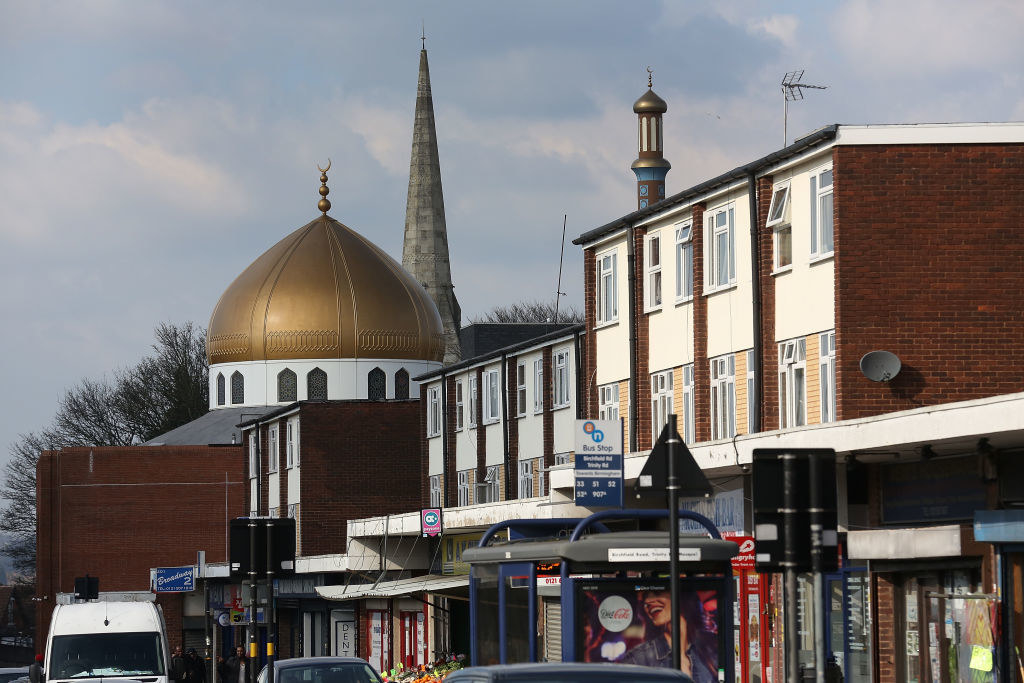
Adnan Sharif, a consultant nephrologist at Queen Elizabeth Hospital Birmingham, told BuzzFeed News: “We've noticed probably maybe four out of every ten admissions are people from the BAME community.”
While he said that to an extent “that is representative probably of local demographics”, he said there is evidence of some communities being affected more.
“I mean, even if you look nationally, I think the ITU data which was published suggests that 35% of people who were admitted to intensive care were people from the BAME community,” he said, “which national perspective is something much higher than the proportion of the BAME community.
“I know there's been a lot of talk about whether there's something very specific about people from the BAME community from a biological perspective. My personal feeling was that it probably is just reflective of other factors. So we know from emerging research, they have certain health issues and put you at much higher risk of developing COVID or maybe getting more severe COVID such as diabetes, high blood pressure, and we know that those problems are a lot more common in the BAME community.”
He also supported Mahmood’s view that the living situation of many of her constituents could put them at increased risk from the virus.
“I think the other factor is probably more sociocultural factors,” he said. “I think more people from the BAME community perhaps live in social housing, they’re more likely to live in households with multiple occupancy, they may have more individuals from different generations living there, and perhaps more communal activities, eating together, etc, etc.”
Sharif said that the medical community was trying to understand how the virus affected different groups — but said he did not think that ethnicity posed a greater risk in itself.
“We want to be careful not to worry people unnecessarily,” he said, “I don't think being black or Asian, by itself, is a risk factor. I think it’s just what comes with it, it's the fact that black and Asian people are more likely to have these other health issues, and they are more likely to have a social setup, which makes them more vulnerable, rather than their ethnicity by itself.”
He added: “As more and more data comes through, we're hoping to try and kind of answer this question with regards to ethnicity, and hopefully reassure the BAME community that ethnicity itself is not a risk factor. It's the other either health issues or social factors which play a part.”
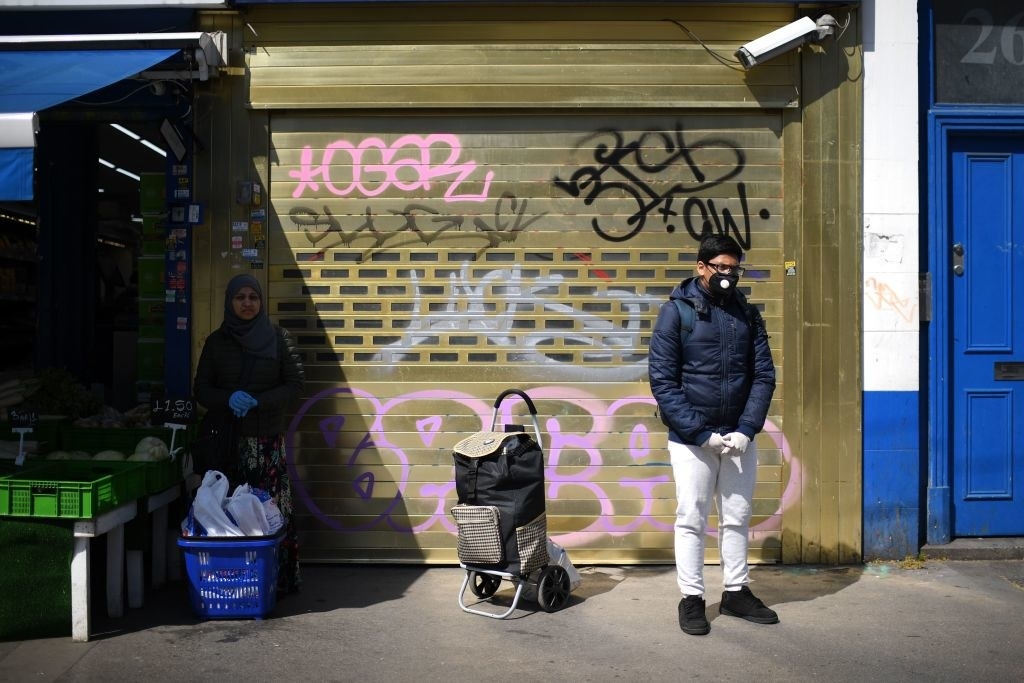
Rabina Khan, a Liberal Democrat councillor in Tower Hamlets and special adviser to the Lib Dem leader in the House of Lords, said that she could already “see the devastating impact [of the coronavirus] on the ground.”
She told BuzzFeed News: “I don't think the government has got advisors to help them to direct their strategy in terms of reaching these communities... They didn't even, haven't even, thought about this properly,” she said.
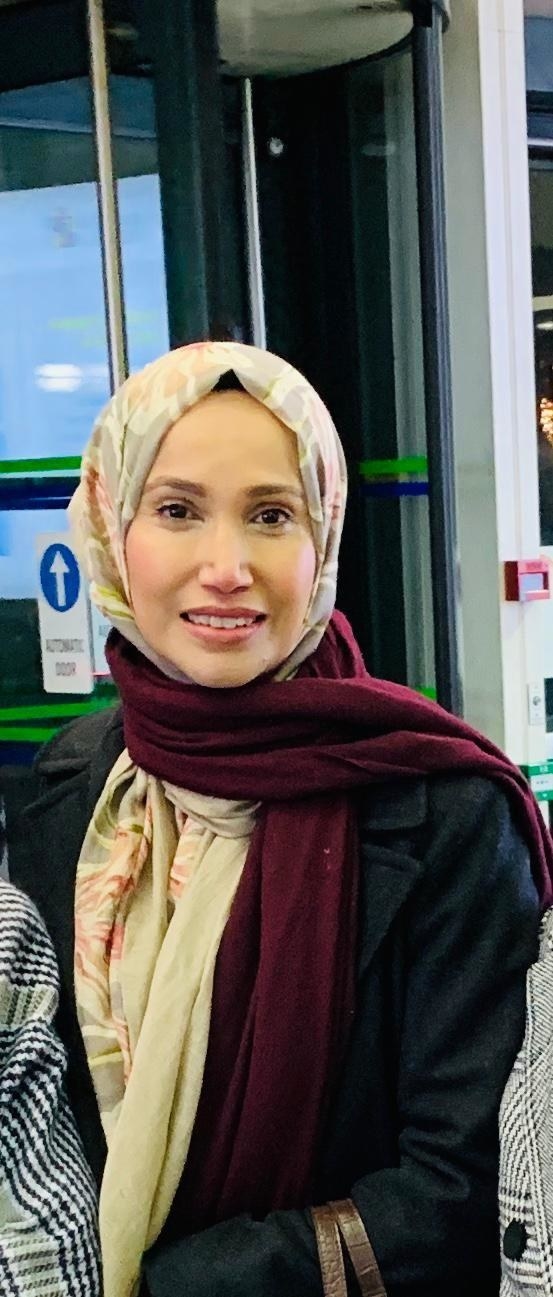
“They need to realise that diabetes, cholesterol, all of that is prevalent in the South Asian communities,” she added, “South Asian communities do live as intergenerational and often care for their older generations of parents, there are many of living in high rise towers, and it's even more difficult for them.”
Khan said that one family she knows has paid to put older relatives in privately rented accommodation during the outbreak — but most people in her community can’t afford to.
“The stress level on these families is enormous,” she said, “because they've been severely overcrowded, [their] first language is not English, and there are many of them who also work in the care support sector who haven't got proper PPE — and that's another factor as well, because if you look at the South Asian communities, you will see many of them working as either as cleaners in hospitals or nursing homes, or they are care support workers, or they’re auxiliary nurses... and there's a lot of men who are security guards in hospitals, and care places. And they, too, haven't got the PPE. So we have to think of the fact that once we talk about them with health problems, they are actually part of the workforce in this country.”
She said that in order to protect the whole population, the government needs to have a plan in place to look at the impact on different ethnic groups — and she said they should draw on support from within those communities.
“I'm happy to help them,” she added. “And there are lots of people who would help them, they don't have that knowledge and understanding. They've got to get out there and do this.”
In the UK, Somalis have gradually been noticing more cases of the coronavirus and more deaths within their community.
While there are no official statistics yet on the impact of the virus on Somalis in the UK, Dr Marwa Jama, a 28-year-old general surgery trainee based in Sheffield, told BuzzFeed News that the anecdotal evidence suggested the population here had been badly hit.
“There is some evidence BME is more affected but no official numbers are available yet,” she said.
“This could have to do with a lot of factors that are mostly socioeconomic; more underlying health conditions such as diabetes, more people in one household, living in bigger cities, not being able to self distance or stop work before the actual lockdown started.”
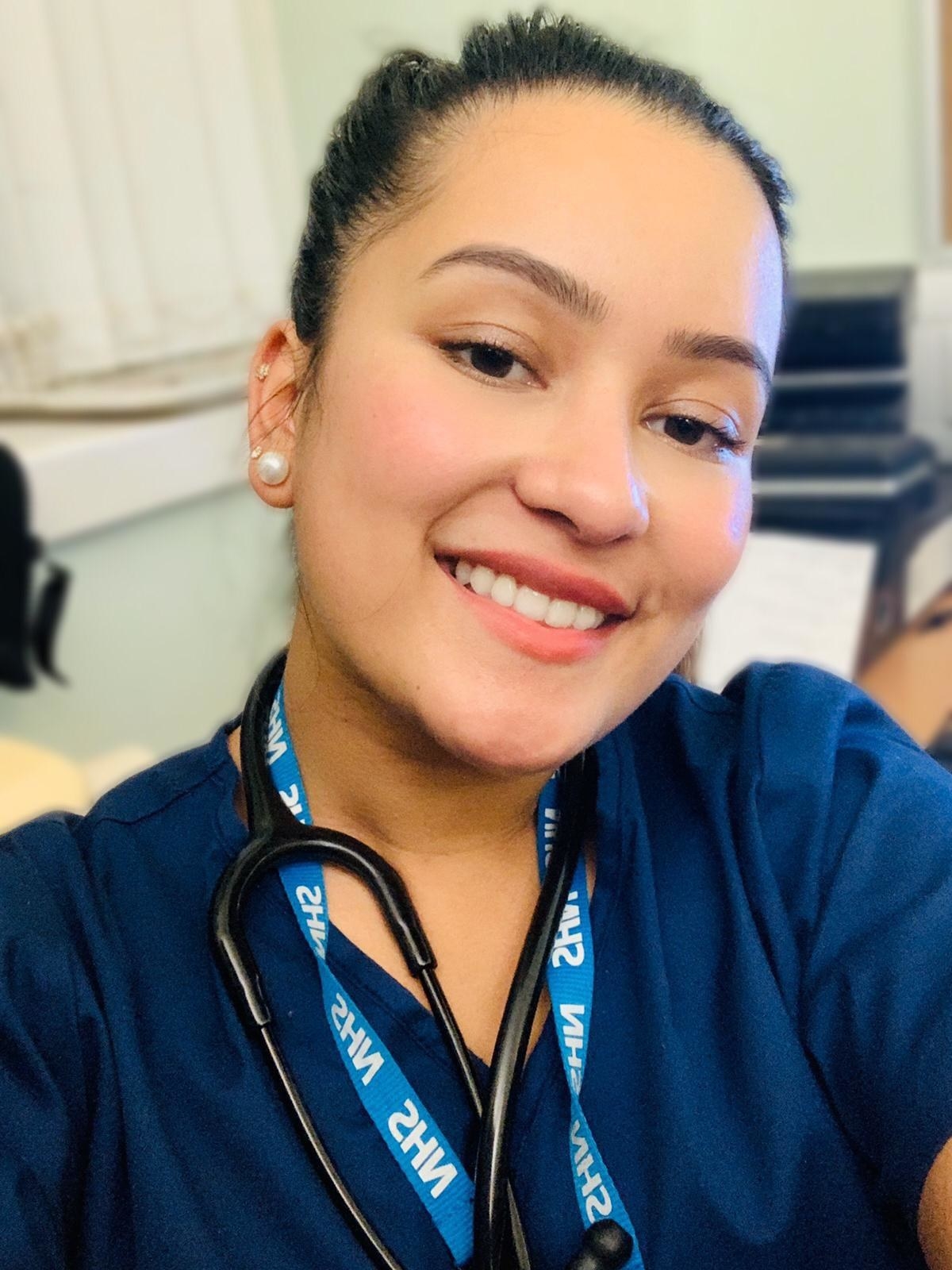
Farah Farzana, a junior doctor working in Greater Manchester, told BuzzFeed News that some patients who do not speak English are struggling in hospital without their relatives at their bedside to translate.
“I'm not seeing as many translators coming into hospitals at the moment especially out of hours,” she said. “I completely understand that because we're reducing the number of visitors"
She added: “With coronavirus, you essentially can become very hypoxic which means lacking adequate oxygen, that can often lead to delirium. When these patients become delirious they often forget even the little bit of English they know and tend to really struggle."
“These patients usually rely on the family members to translate for them, but given the current circumstances you can't have them present,” she added. “We try our best to communicate using various methods but sometimes it can be hard. For the last two weeks, I have seen a lot of patients admitted into hospital with such barriers and it has been quite tough."
Farzana said she realised one patient was not complying with his treatment because he did not understand any of the medical advice.
“When I went to see that man, he wasn't complying with any of the treatment, but I soon realised it was mostly because he didn't understand anything that was being communicated to him,” she said.
“He wasn't aware why not having the oxygen was detrimental to his health. When I spoke to him in his own language I managed to explain the importance of his treatment and it helped calm him down massively. He immediately put his trust on me and was very grateful. I think it did make a difference and I was able to provide him with the care and treatment he needed."
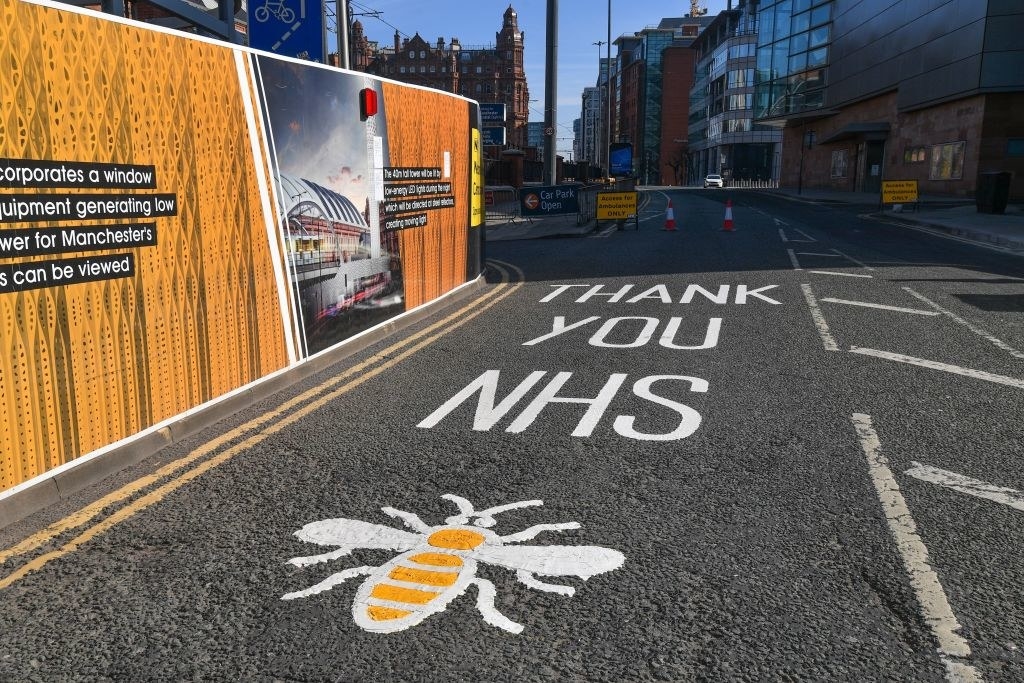
Farzana said that a separate concern is the number of frontline NHS staff from minority ethnic backgrounds who are dying from coronavirus, which she says is an issue that needs urgent attention.
“A lot of my friends are also junior doctors,” she told BuzzFeed News, “and we were actually talking about how in the BAME community, BAME healthcare workers have unfortunately been affected by the virus and many have died, and this highlights how the virus can affect anyone, and just how many healthcare workers in the NHS come from ethnic minority backgrounds.”
As the impact of the coronavirus is felt across the country, communities have been stepping up to help each other.
One Somali organisation, Coffee Afrik, which is based in London, has been assisting Somalis with food and medicine deliveries. Abdi Hassan told BuzzFeed News: “At the moment we have delivered 126 packages of food and 60 of that is medicine, so collecting medicine and of the 30 have serious mental health, and half of the 30 are people who have no contact with anybody the whole week.”
We collected 5 meds today, called 12 vulnerable Somali women. Food deliveries on Monday. NW/West London are seeing #covid impact on Somali lives. Urge our brethren to check in on this & community orgs to question these leaders. We pray for these lives, May Allah help us all.
In Blackburn, in Lancashire, a team of volunteers are on hand to help out families who lose loved ones to the virus.
Members of the town’s Muslim community fear the impact that the virus will have there. In the north-west, numbers of cases are behind London and the West Midlands — but they are increasing.
“We had the first Muslim burial on Saturday, three burials yesterday from COVID-19, and we’ve got another one potentially tomorrow,” Imran Patel from the Blackburn Muslim Burial Society told BuzzFeed News. “So this is now starting to happen, all of our fears are starting to take place.”
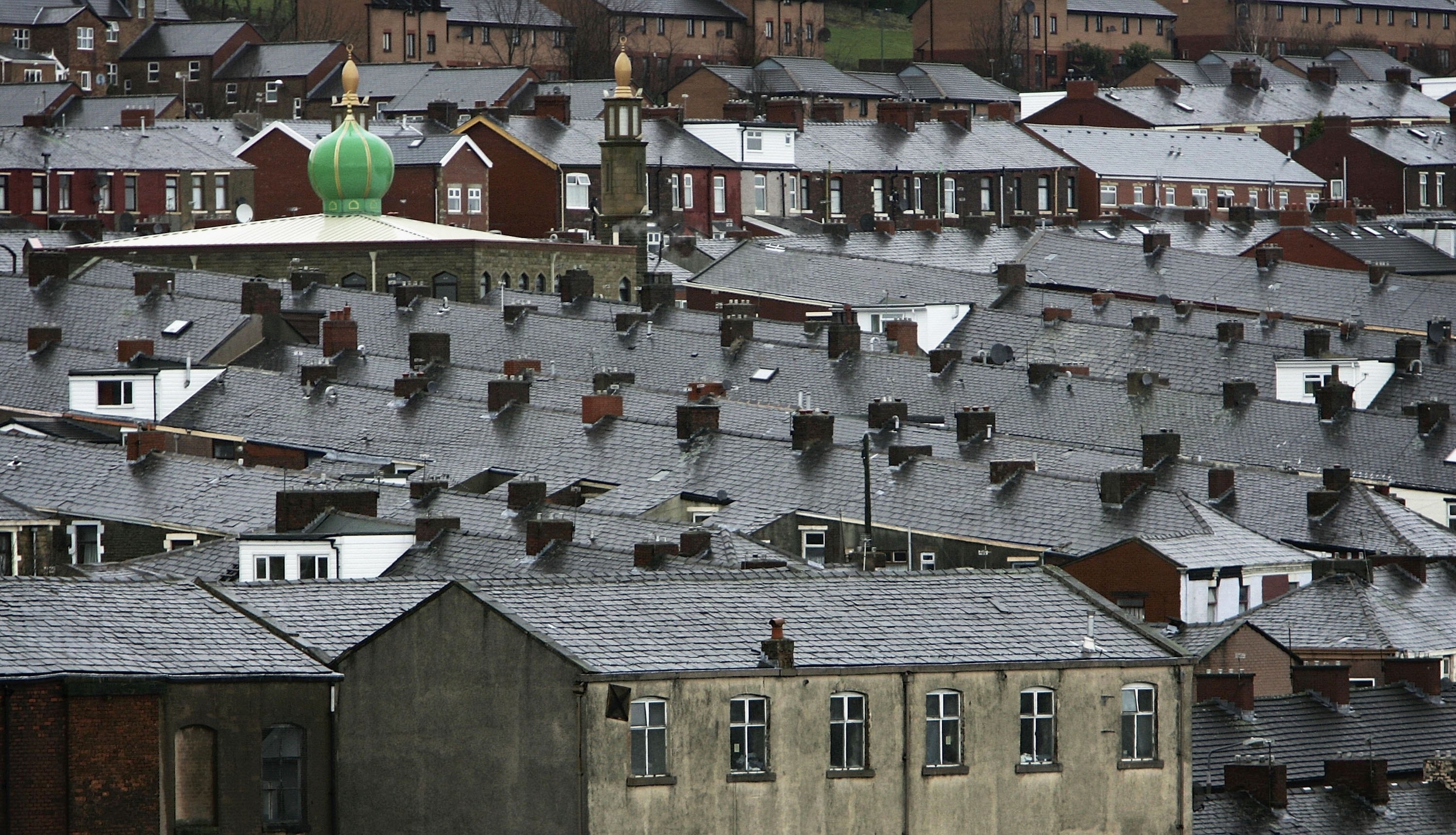
The emergency service, run by volunteers, allows for bodies to be buried as soon as they can after death, in line with religious practices. Patel and his team have been kitted out with full PPE including hazmat suits, donated by community members, and they are taking care of burials while families must stay away.
It is difficult for many, not to be able to see their loved one before they are buried, Patel said, but they are doing what they can: “What we try and do, is try and do a FaceTime, a WhatsApp video call, so that they can actually see the deceased just before,” he said.
Patel fears that as the impact of the virus will soon be felt more deeply in Blackburn than it has been so far.
“The fear is,” he said, “I always say that Ramandan’s here and from last Ramadan to this, who have we got left? And next year it’s going to be devastation to be honest, to think how many people we’ve lost within our community, and who’s left from our community, and that’s the fear.”
One big issue for minority groups has been the lack of reliable information about the coronavirus in community languages — and this is another area where volunteers are coming forward to fill the gap.
Last week, the government published copies of publicity in some community languages. However, critics said this had come too late, and that the messages had not filtered through to communities. Some key languages — such as Arabic and Mandarin — appear to be missing.
Jama, the general surgery trainee, told BuzzFeed News that the lack of information in Somali had led to confusion, with some people believing misinformation from WhatsApp.
She said: “The main updates via official channels are all in English, there is very little verifiable information in Somali available. Furthermore there is lots of ‘fake news’ circulating on WhatsApp which is very counterproductive if you also don’t have full access to the official channels or understanding from official channels.”
The British Somali Medical Association has translated COVID-19 information and created videos on best practices that have since gone viral within the community.
Mahmood told BuzzFeed News that she hadn’t seen any government literature in different languages reach her communities — but that people were stepping up to produce their own.
“There is a bit of tailored advice from within the community,” she said, “I’ve seen some faith groups and others put out messages in different languages, Syeeda Warsi did a message in Urdu for example, so people are trying to get the message out.”
Shikta Das said misinformation was a huge problem, especially on WhatsApp.
“I am part of my own South Asian community WhatsApp group for all women,” she said. “There's a lot of misinformation around us. And being an epidemiologist, I just had to take this challenge on myself to pretty much remove the fake news and misinformation.
“I think a good example is drinking hot water. A lot of people started drinking hot water because somebody from India sent a WhatsApp saying, oh, drinking hot water will kill the virus. So literally you have, as an epidemiologist, to take a stand and tell them that actually, it's not been proven, there is no relation with hot water and the virus.”
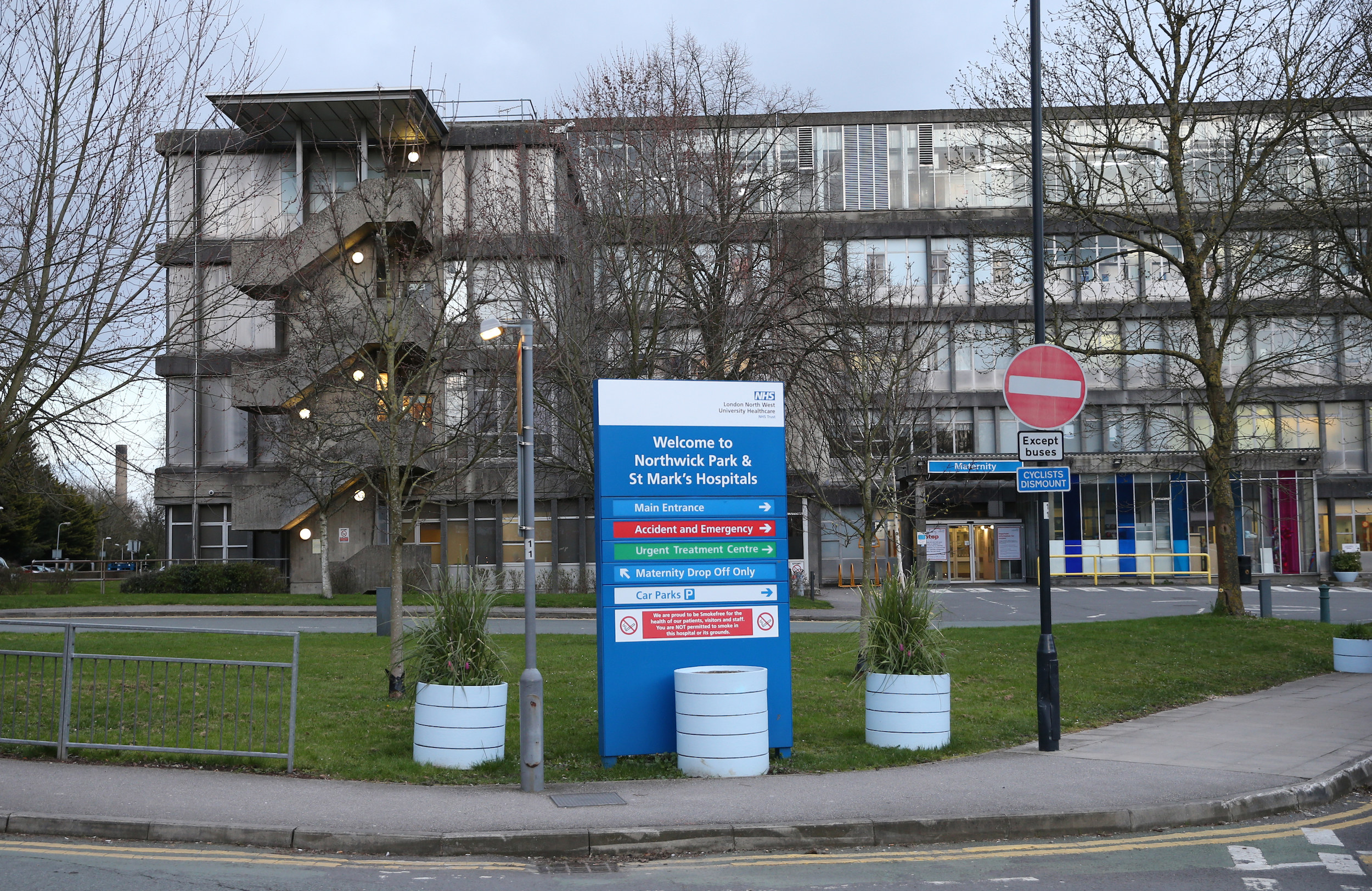
Also bridging the information gap, with translations in 43 languages and counting is the organisation Doctors of the World.
Ellen Waters, the director of development at Doctors of the World, said it all came together after they had spoken to the Department of Health and were told there would be no official translations from the government about the coronavirus.
Her organisation, along with the British Red Cross, Clearvoice, and Migrant Help, started with what was then their first batch of 20 languages and shared the leaflets on a Google Drive. Now the translation documents have been downloaded by more than 30,000 people.
She said: “We even did the work on the English language, obviously there's a lot of information there and quite complex.
“We’ve had comments back from various different health care practitioners saying that even the English one is getting highly used because it's easier to read than the information that is currently available through the NHS website and so on.”
Back in Tower Hamlets, Rakib said helping other people in his community was helping him to deal with his grief when so many people close to him were being affected by the virus.
“At this time of such unimaginable loss and suffering, it's hard to think straight and to be able to know what to do with all this grief, worry and anger,” he told BuzzFeed News.
“We must all find a way to use it to refocus our efforts into helping others and being useful or else we allow this thing to consume us.”


